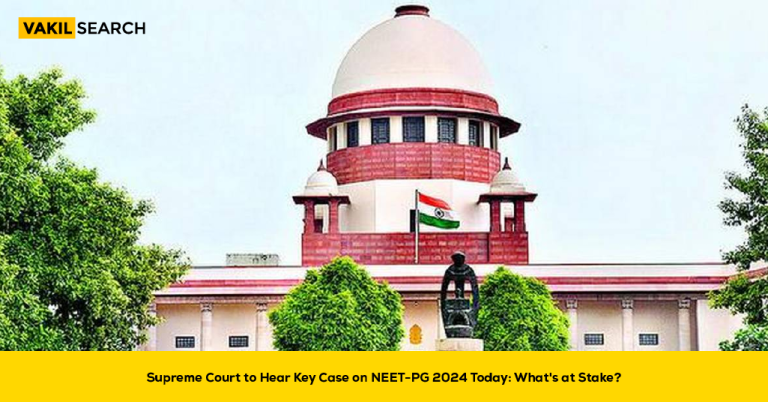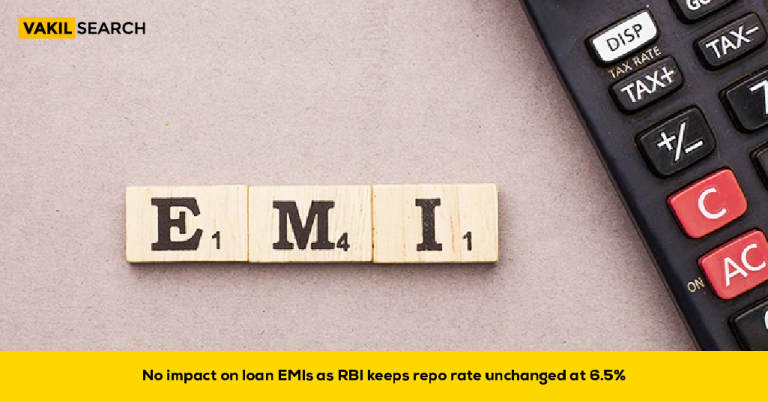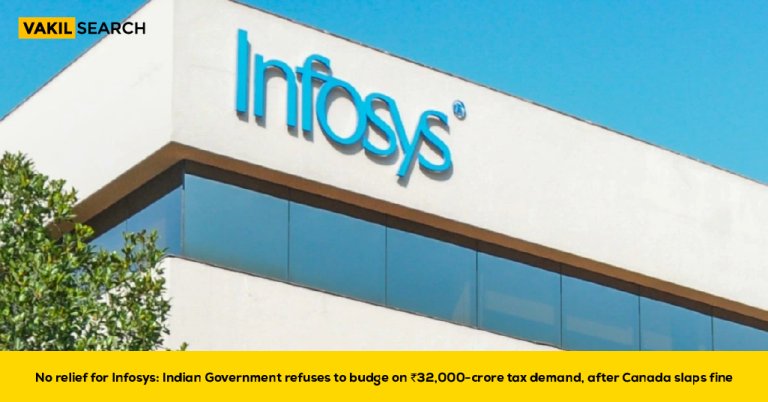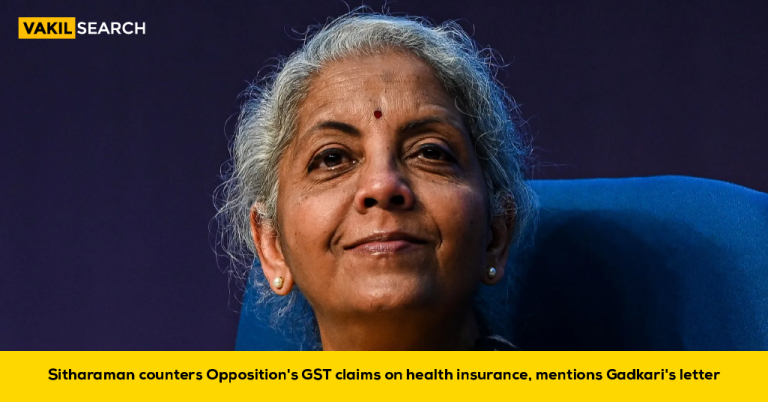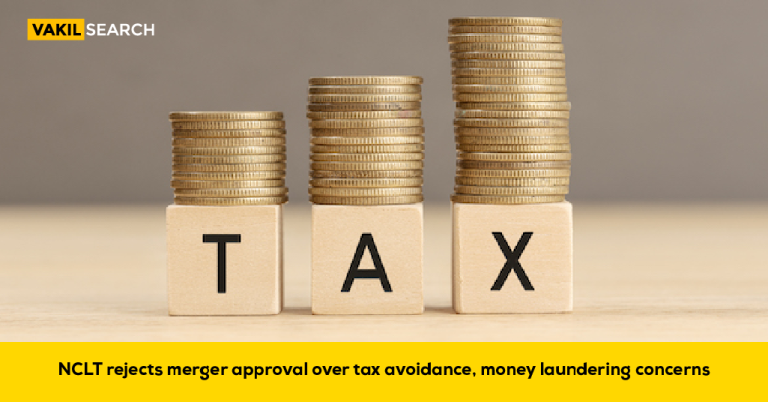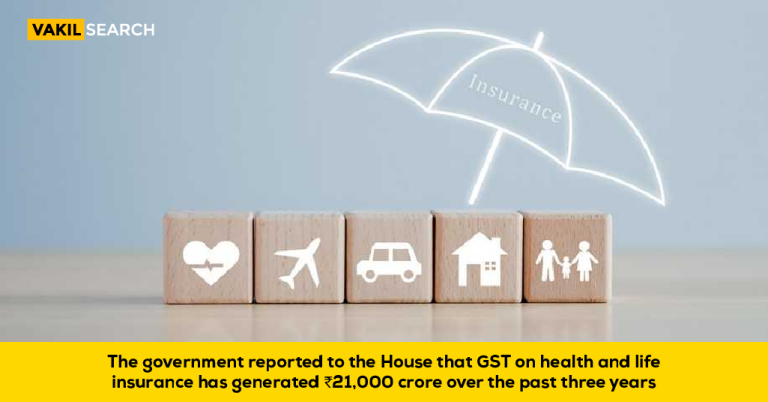Mohanlal’s highly anticipated directorial debut, Barroz – The Guardian of D’Gama’s Treasure, is encountering unexpected legal challenges. George Thundiparambil, a German-based Malayali writer, has issued a legal notice to the film’s creators, including Mohanlal, alleging copyright Violation. This issue could potentially impact the film’s planned release on September 12.
According to India Today, the legal notice forcopyright Violation has been directed to Mohanlal, Jijo Punnoose, TK Rajeev Kumar, and producer Antony Perumbavoor, demanding that the copyright disputes be settled before the film’s release. The filmmakers have not yet responded to the allegations.
Barroz aims to delve into the legend of Kappiri Muthappan, a ghost believed to guard hidden treasures at Kochi Fort. The film is inspired by a book written by Jijo Punnoose. However, Thundiparambil’s legal action questions the originality of the storyline.
Thundiparambil’s notice asserts that his 2008 novel, Maya, bears significant similarities to the plot of Barroz. Both stories explore the Kappiri Muthappan myth, but Thundiparambil claims that his novel’s unique elements, particularly involving an eighteen-year-old girl who can see and interact with the ghost, are original and protected under copyright.
The notice also mentions that Thundiparambil’s friend had proposed adapting Maya into a film to writer TK Rajeev Kumar in 2016. The friend was told Rajeev Kumar would discuss it with Jijo Punnoose, but Thundiparambil alleges that no progress was communicated to him. Although Barroz is officially based on Jijo Punnoose’s book, Punnoose had previously announced his disassociation from the project in 2022.
Thundiparambil’s notice highlights that while the Kappiri Muthappan myth itself cannot be copyrighted, his specific portrayal of it in Maya is unique. He notes that he has been unable to find Punnoose’s book in circulation and that the chapters on the production group’s website resemble his narrative, especially in the character interactions involving the girl who sees the ghost.
In the meantime, a special trailer for Mohanlal’s Barroz is scheduled to be released on September 6 during an event in Abu Dhabi.
In the competitive world of entertainment, protecting your intellectual property is crucial. At Vakilsearch , we offer comprehensive legal services to safeguard your creative works against infringement. Whether you’re a writer, filmmaker, or artist, our experienced legal team is here to ensure your rights are fully protected. If you’re facing a copyright dispute or need to secure your intellectual property, trust Vakilsearch to provide the legal support you need. Reach out today to explore your options and defend your creations.



